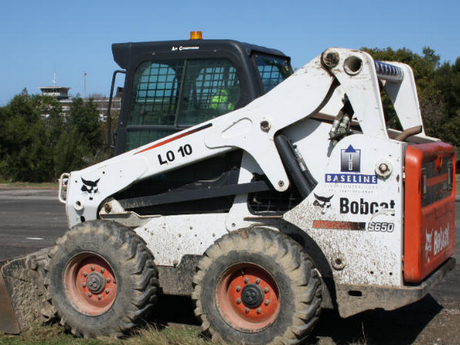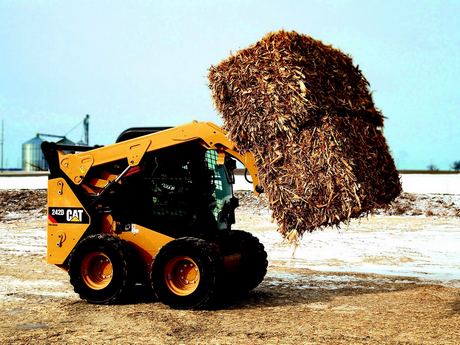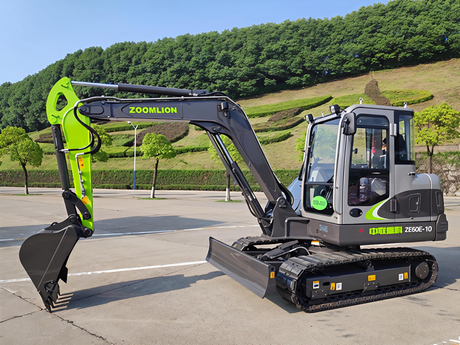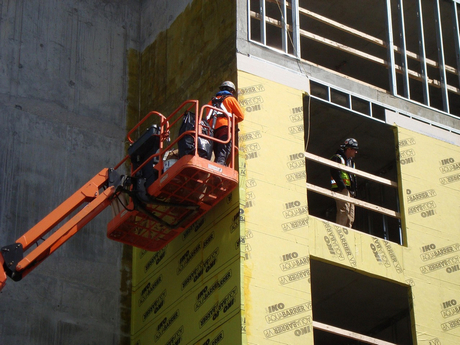During construction and equipment leasing
operations, compact skid steer loaders are widely utilized for their “compact,
agile, versatile, and efficient” characteristics. As equipment frequently moves
between job sites, transportation has become a critical aspect of safety management.
How can stability and safety be ensured for both the equipment and attachments
during transport? The following points are particularly crucial.

I. Selecting Appropriate Transport Vehicles
Before transport, choose suitable transport
vehicles or tow trucks based on the total weight of the skid steer loader and
attachments to avoid overloading. Both oversized and undersized vehicles pose
risks: the former may waste resources, while the latter increases safety
hazards. Additionally, thoroughly research the transport route beforehand,
noting height and width restrictions to prevent mid-journey obstructions.
II. Standardizing Loading Procedures
To prevent slippage during loading,
thoroughly clean the transport vehicle of dirt, sand, stones, and debris beforehand.
Ensure it is parked on level, solid ground and engaged in park gear. When
loading or unloading equipment, use ramps that meet specifications for length,
width, and load capacity. During operation, shift the equipment to low gear,
disable auto-idle, and always prioritize the heaviest end ascending the ramp to
ensure a stable and safe loading process.
III. Secure Equipment and Attachments
Thoroughly
After loading the equipment, immediately
lower attachments to the ground, shut off the engine, and lock all doors and
hoods. Place chocks or support devices in front of and behind each tire or
track to prevent slippage. Install securing devices using the correct tie-off
points specified in the operator's manual to ensure the equipment is firmly
attached to the transport vehicle. Simultaneously, any attachments not mounted
on the equipment must be secured separately to prevent movement or falling
during transit.

While compact skid steer loaders offer
exceptional maneuverability, transportation still carries inherent risks.
Adhering to standardized vehicle selection, loading procedures, and securing
measures not only reduces the risk of equipment damage but also safeguards
transportation safety. Meticulous inspection and rigorous execution are
essential to ensure the equipment arrives safely at the job site and can be put
into efficient operation.





























